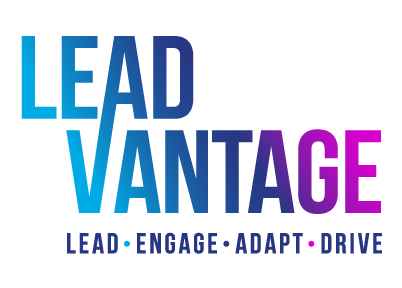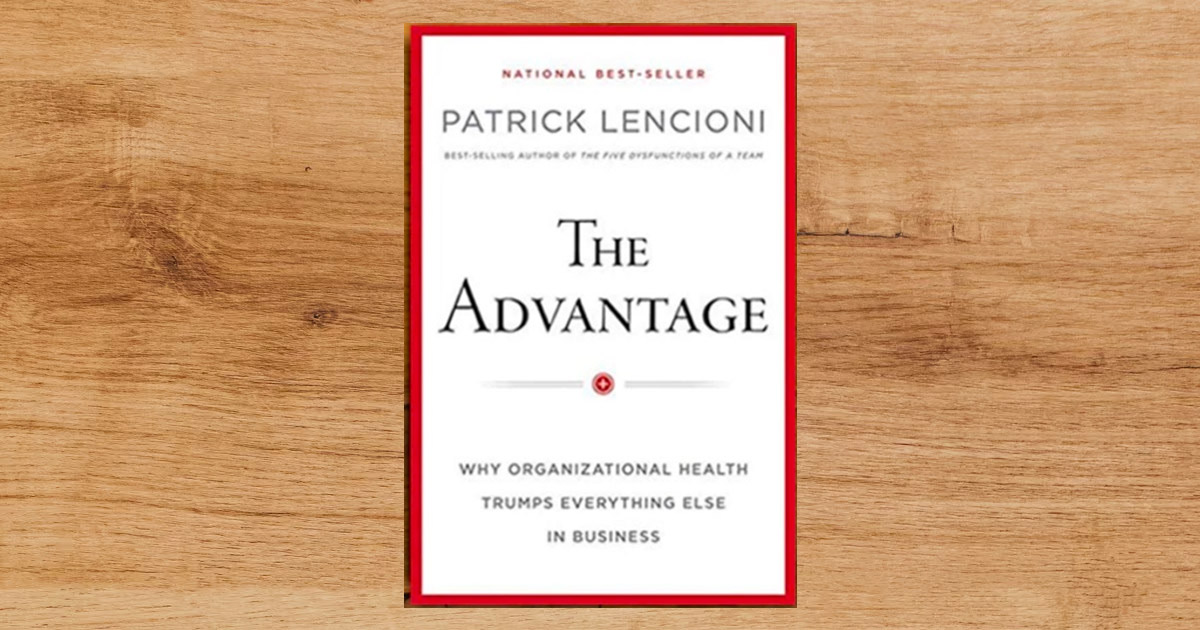Are you too busy to address issues plaguing your company or industry? After all, you can’t be here, there, and everywhere.
Here’s the deal – the health of an organization “provides context for strategy, finance, marketing, technology, and everything else that happens within it, which is why it is the single greatest factor determining an organization’s success. More than talent. More than knowledge. More than innovation” (Patrick Lencioni).
The bottom line is you need to make time to shift the paradigms of mediocracy to greatness. It is within your ability to do this and especially in times where we are constantly challenged with the unknown, there is no better time than now to tap into the power of who you want to be as a company!
“The single greatest advantage any company can achieve is organizational health. Yet it is ignored by most leaders even though it is simple, free, and available to anyone who wants it.“ Patrick Lencioni
In his book “The Advantage: Why Organizational Health Trumps Everything Else in Business,” Patrick Lencioni explains what constitutes a healthy organization.
“An organization has integrity – is healthy – when it is whole, consistent, and complete, that is, when its management, operations, strategy, and culture fit together and make sense.“ Patrick Lencioni
Picture this! Little to no politics, confusion, turnover, inefficiencies, or disengagement! Smart organizations may be good at strategy, marketing, finance, and technology, but this doesn’t mean they’re healthy!
The definition of a healthy organization is simple, and the goal of aiming for a healthy and successful business is something we all want, yet something stands in our way. Lencioni highlights the three biases that stifle leaders’ ability to create organizational health.
-
The Sophistication Bias: This is the inability of leaders to see that change can be simple, straightforward, and meaningful to be impactful.
- The Adrenaline Bias: This is the inability of leaders to deviate from the fast-paced and firefighting mode to slow the train down to create long-sustaining change and transformation.
-
The Quantification Bias: This is the inability of leaders to see the power of change without clear, precise, and massive scale quantifies.
Whether you are an emerging or experienced leader, it is up to you to create a healthy organization. It starts with building a cohesive leadership team, creating clarity, overcommunicating this clarity, and reinforcing clarity. Yes, it is difficult, time-consuming, and self-sacrificing in many ways; however, the impact extends beyond you and your team. It becomes your brand and how your customers and vendors see you. How do you want to be seen?
Some of our favourite quotes from his book are:
-
“The only way for the leader of a team to create a safe environment for his team members to be vulnerable is by stepping up and doing something that feels unsafe and uncomfortable first.”
-
“The fear of conflict is almost always a sign of problems.”
-
“Executives must put the needs of the higher team ahead of the needs of their departments.”
-
“Healthy organizations believe that performance management is almost exclusively about eliminating confusion. They realize that most of their employees want to succeed, and that the best way to allow them to do that is to give them clear direction, regular information about how they’re doing, and access to the coaching they need.”
-
“There cannot be alignment deeper in the organization, even when employees want to cooperate, if the leaders at the top aren’t in lockstep with one another.”
-
“The healthier an organization is, the more of its intelligence it is able to tap into and use. Most organizations exploit only a fraction of the knowledge, experience, and intellectual capital that is available to them. But the healthy ones tap into almost all of it.”
Here’s our question to you …

What do you think? How healthy is your organization?





